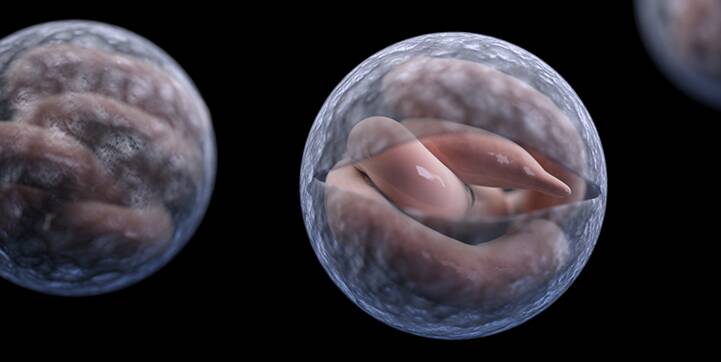Cases of cryptosporidiosis have hit their highest levels in nine years in Hunter-New England, amid a sharp rise of the disease across the state.
NSW Health data shows Hunter-New England recorded 46 cases of the disease in January, the highest outbreak since December 2016.
Hunter-New England recorded the most cases in the state among health districts in January, equal with South Western Sydney.
A total of 311 cases occurred statewide in January, rising to 498 cases in the first two weeks of February.

This prompted Dr Jeremy McAnulty, of NSW Health, to urge people not to swim or share towels for at least two weeks after they've had diarrhoea.
Dr McAnulty urged those affected to avoid handling food for at least 48 hours after symptoms resolve.
Children should be kept home from preschool, childcare or playgroup until 24 hours after symptoms stop.
The microscopic parasite cryptosporidium causes the "diarrhoeal disease".
It infects the intestine and is a common cause of acute diarrhoea in young children.
Other symptoms include nausea, vomiting, fever, headache and loss of appetite.

Dr McAnulty said almost half the cases were children under 10, so parents should know "the risks and precautions".
Swimming in and swallowing contaminated water usually caused the disease.
"The parasite survives for many days, even in chlorinated pools," Dr McAnulty said.
"In the past, very large outbreaks have been caused by people who had recently been infected going swimming.
"Almost half the cases reported this year had been swimming during their exposure period."
With many schools about to hold swimming carnivals, he urged parents to stay alert for symptoms.
To avoid catching cryptosporidiosis:
- avoid swimming in estuaries and inland waterways like rivers, creeks and dams for at least three days after heavy rain.
- avoid swimming at ocean beaches for at least one day after heavy rain.
- avoid swallowing water when swimming.
- wash your hands thoroughly with soap and water for 20 seconds after using the toilet, handling animals or their manure, changing nappies, working in the garden and before preparing food or drinks.
- do not drink untreated water (from lakes or streams for example). A rolling boil of water can kill cryptosporidium.







